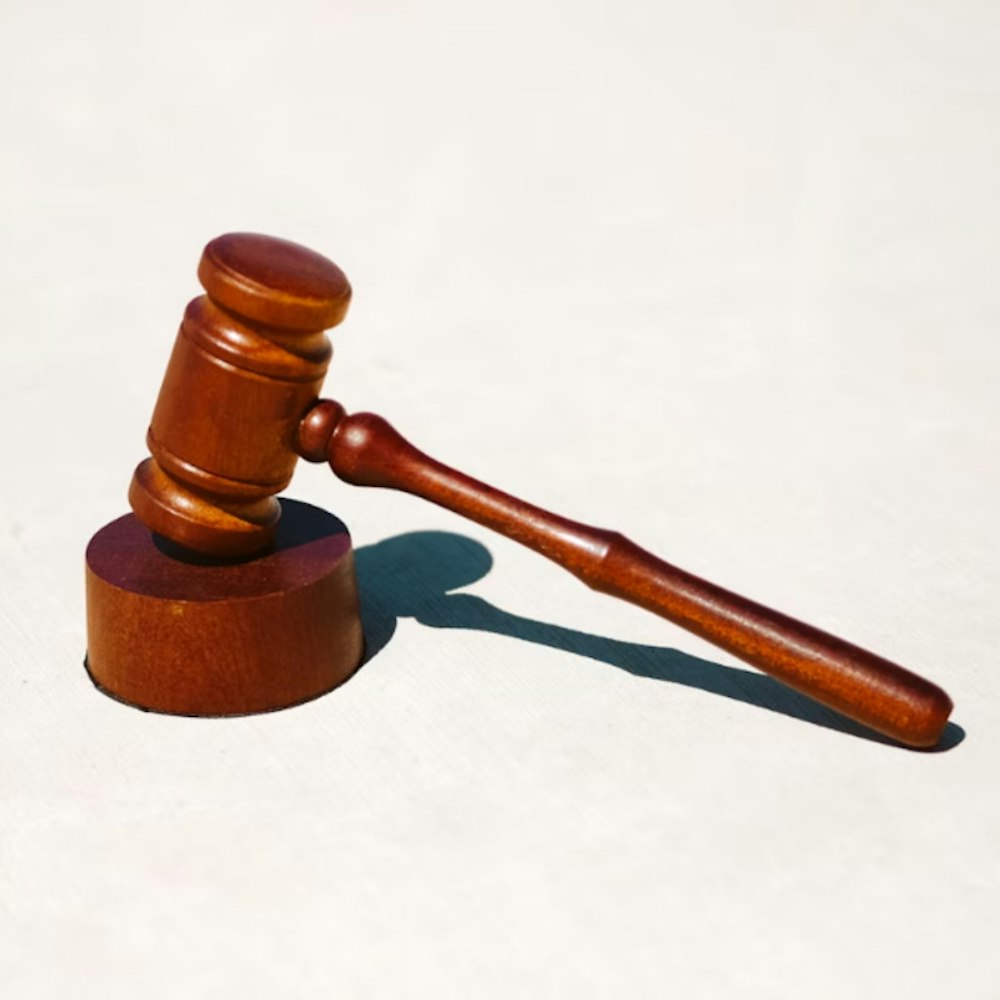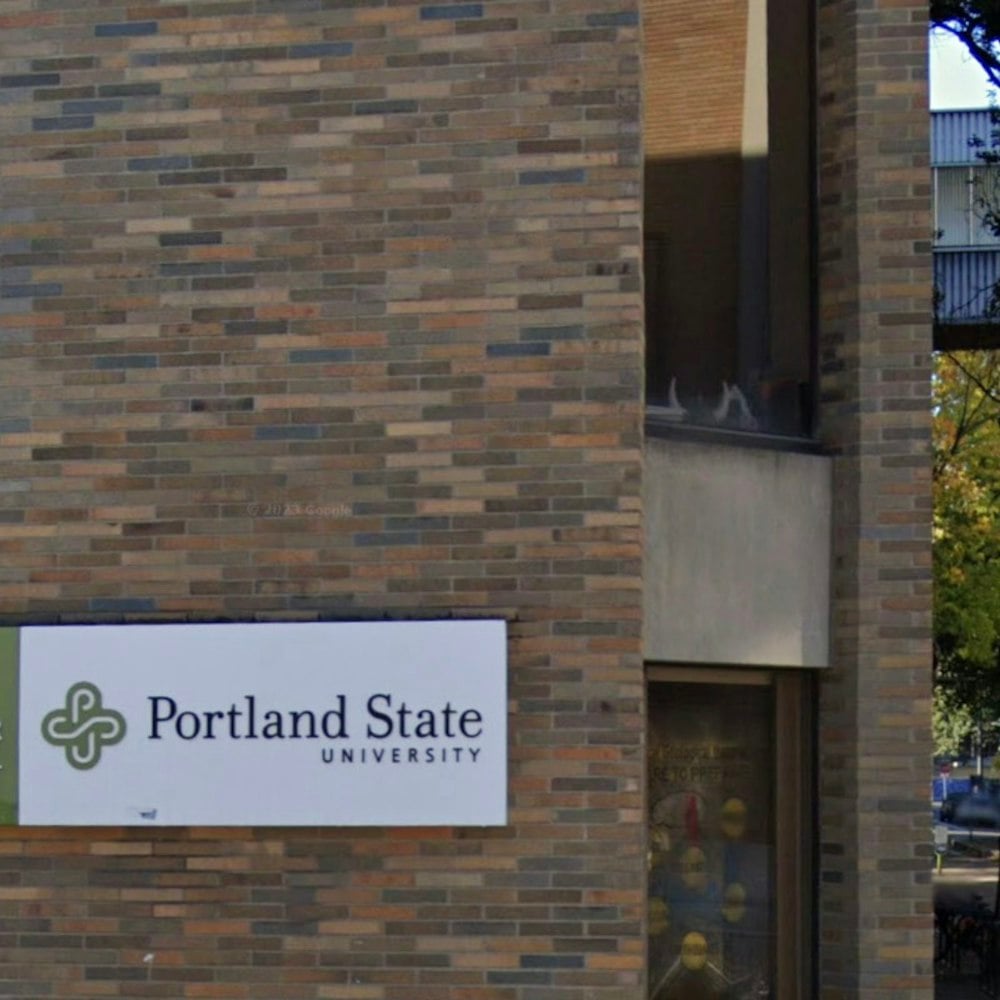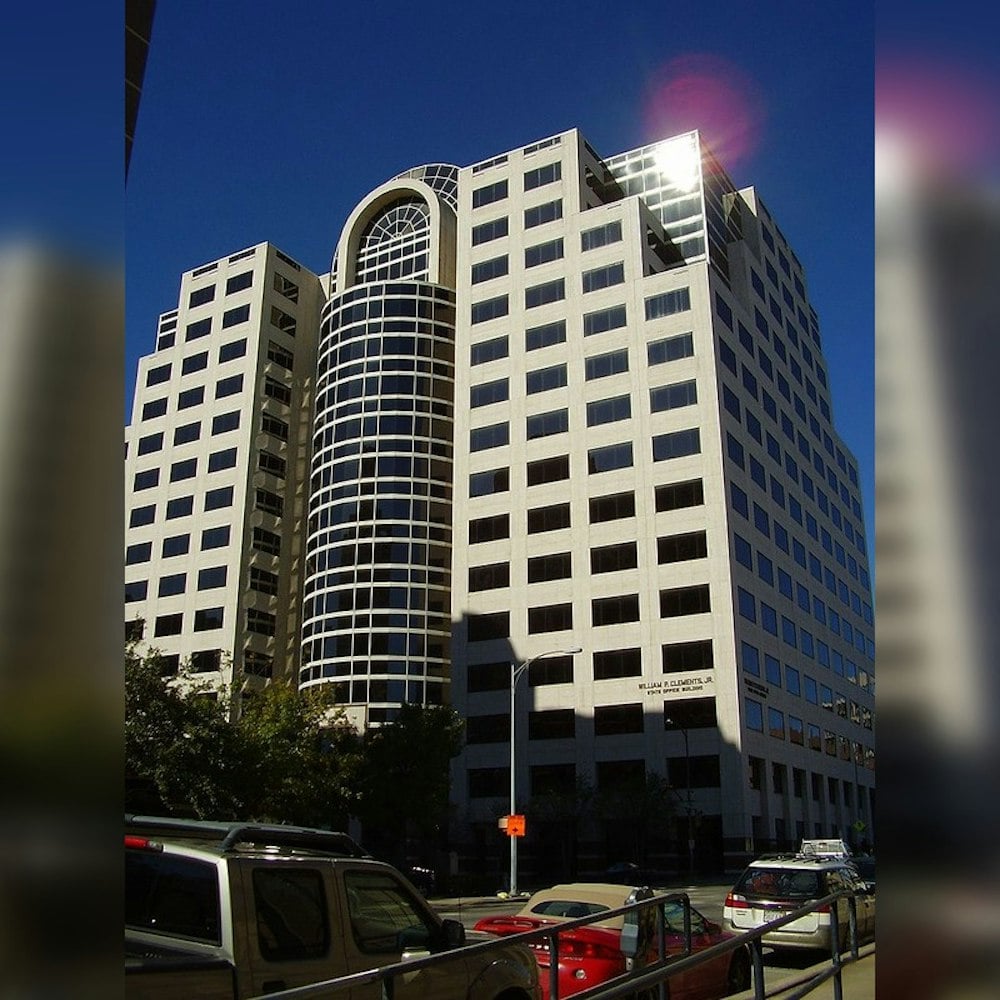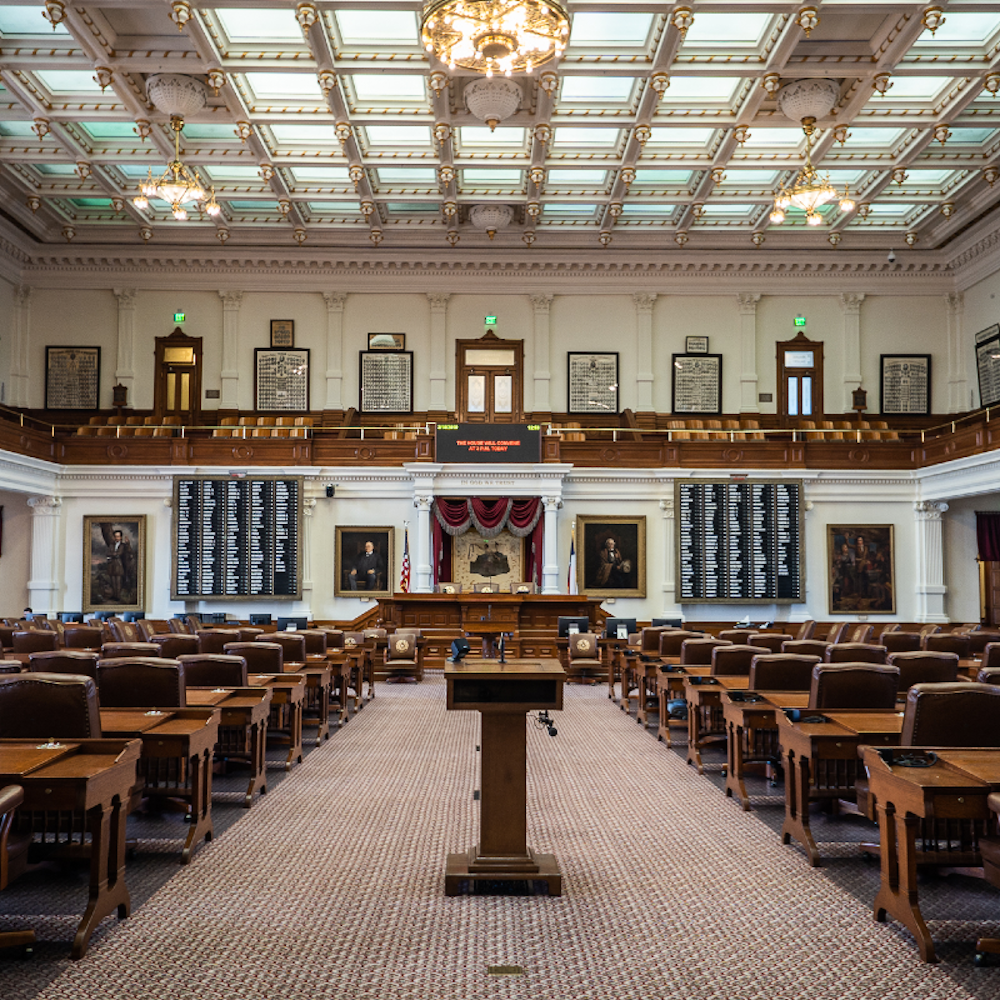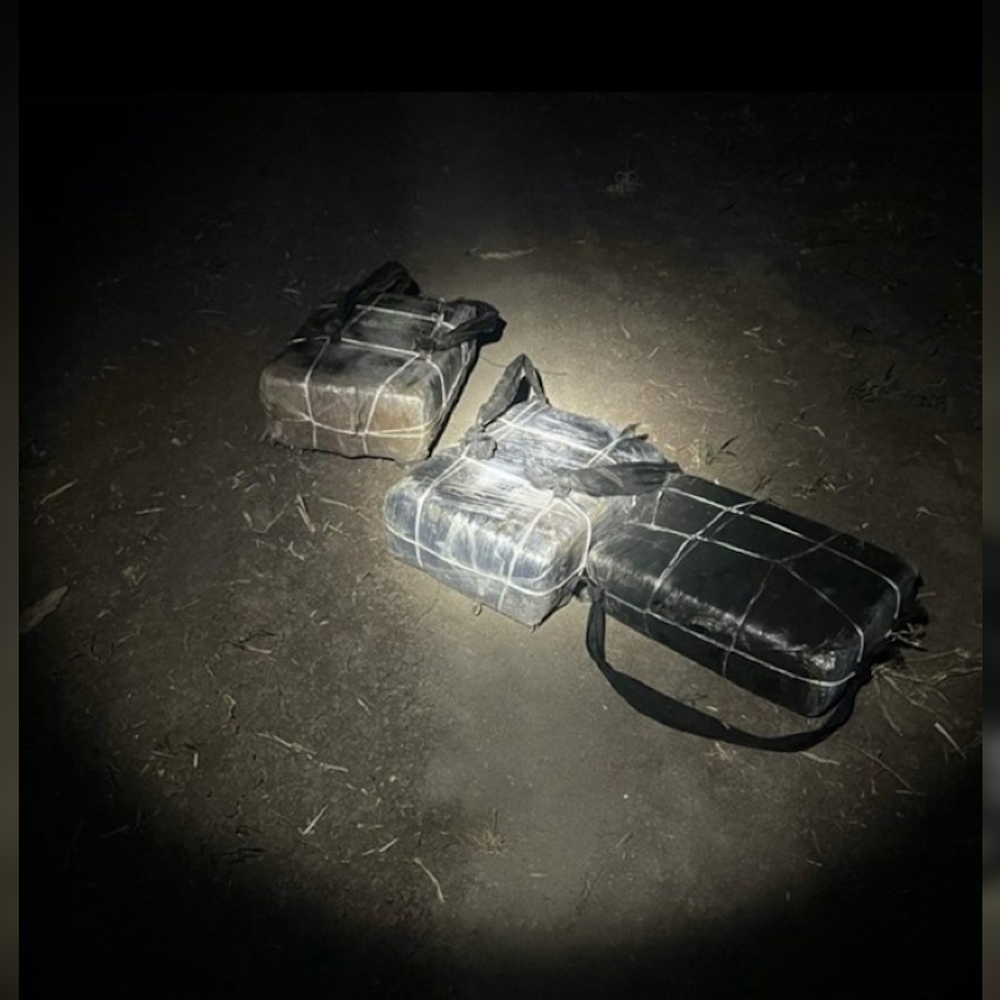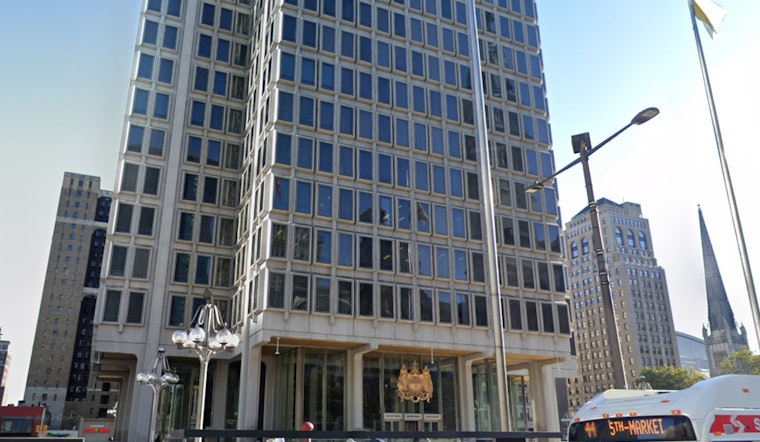
Philadelphia property owners with fire protection systems are on the clock. The City's Department of Licenses and Inspections has issued a heads-up for upcoming fire inspection certifications deadlines. According to an article from the City of Philadelphia, certification documents must be submitted by May 31, to stay in line with fire code compliance.
Notifications are going out with reminders to test and inspect fire suppression systems, including fire sprinklers, alarms, emergency power, and smoke control. Mayor Cherelle Parker, early in her tenure, is pushing for these inspections as part of a citywide safety sweep. In a statement from the city, they said, "By staying proactive, and up to date with certification requirements, property and business owners demonstrate their commitment to fire safety and risk mitigation."
The certifications are not just a formality – they are a critical measure for public safety as the checks ensure systems are functional and capable of protecting people and property in case of a fire. Owners of buildings outfitted with fire protection systems must secure services from a licensed inspector. Complete details are available on the City’s website, which outlines everything from the systems requiring inspection to how certifications can be submitted.
As for the logistics, the city has moved to streamline the process. Certifications are now filed electronically through the online portal eCLIPSE, and owners can confirm their submission on Atlas, the City's public information system. Nevertheless, fines wait for those dragging their feet. If a certification slips through the cracks, the property or business owner could face a violation notice, and inspectors who fail to submit could face a $300 penalty, according to the article from the City of Philadelphia.
In the event a property no longer uses a fire protection system, owners shouldn't kick back just yet. There's paperwork to be filed for that too, all detailed on the city's official announcement. Here is the link to the form that must be completed by the May deadline to stay in compliance with the Philadelphia Code, and avoid any potential compliance headaches.
